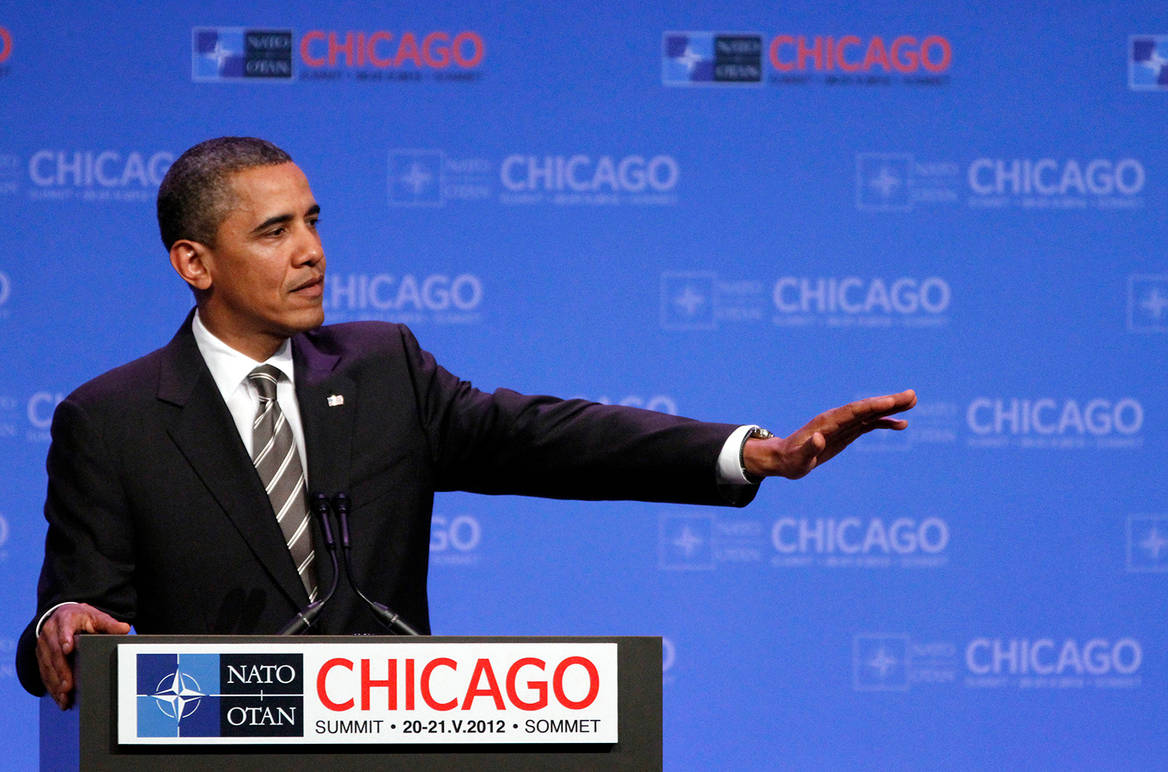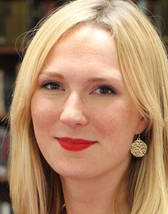A Problem Deferred? NATO Non-Strategic Nuclear Weapons after Chicago
The controversial issue of NATO tactical nuclear weapons did not derail the Chicago summit. An international selection of experts dissect the Deterrence and Defence Posture Review process
The completion of NATO’s Deterrence and Defence Posture Review (DDPR) has provided some relief to intra-Alliance tensions at a crucial time. In recent years, cohesion among Allies has been strained by increasing pressure for fiscal austerity, diverging threat perceptions, increasingly aggressive rhetoric from Russia, and an advancing Iranian nuclear programme in NATO’s backyard.
On the divisive issue of NATO non-strategic nuclear weapons in Europe, the DDPR unanimously concluded that NATO’s nuclear status quo meets the criteria for an effective deterrence and defence posture. However, it also committed the Alliance to seek further reductions in US non-strategic nuclear weapons in Europe in the context of reciprocal steps from Russia.
The six authors of the papers in this volume draw upon their unique perspectives from within key member states, Alliance structures and Russia to examine the outcomes of the review process. In particular, they provide insight into what these commitments will mean in practice, and assess how sustainable they could be in the light of continuing domestic pressure in some states for more radical disarmament steps.
About the Authors
Andrea Berger is a research fellow in Nuclear Analysis and deputy director for the UK Project on Nuclear Issues at RUSI. She previously held positions at the International Centre for Security Analysis, based at King’s College London, and the Canadian Department of Foreign Affairs and International Trade, and the Embassy of Canada to Germany.
Hugh Chalmers is a research analyst for the Nuclear Analysis Programme and co-ordinator for the UK Project on Nuclear Issues at RUSI. Hugh came to RUSI from a consulting position at the Verification Research, Training and Information Centre (VERTIC). He has also held previous positions at IHS Jane’s and the King’s College Centre for Science and Security Studies.
Malcolm Chalmers is research director and director of UK Defence Policy at RUSI. He is a special adviser to the UK Parliament’s Joint Committee on the National Security Strategy, and was a member of the UK Cabinet Office consultative group for the 2010 Strategic Defence and Security Review.
Jacek Durkalec is an analyst with the Non-Proliferation and Arms Control Project at the Polish Institute of International Affairs. He specialises in arms control, nuclear disarmament, WMD proliferation, missile defence, NATO’s defence and deterrence policy and Polish security policy. He has previously worked at the Polish Ministry of National Defence and as an intern at the United Nations.
Paolo Foradori is a senior lecturer at the Department of Sociology and Social Research at the University of Trento and an associate fellow of the Project on Managing the Atom at the Belfer Center for Science and International Affairs at Harvard University’s Kennedy School of Government. From 2009 to 2011, he was Marie Curie fellow at the James Martin Center for NonproliferationStudies, Monterey Institute of International Studies, California.
Dr Karl-Heinz Kamp is the director of the research division at the NATO Defense College in Rome. He has been appointed to the Advisory Board of the German Federal Academy for Security Policy, and as an adviser to the NATO Expert Group on the New Strategic Concept.
Professor Mustafa Kibaroglu is the chair of the International Relations Department and director of the Center for Eurasian Studies at Okan University in Istanbul. Previously he was a post-doctoral fellow at the Monterey Institute in California, and a sabbatical fellow at the Belfer Center of Harvard University. Professor Kibaroglu is also the academic adviser to the NATO Centre of Excellence Defence against Terrorism.
Dr Igor Sutyagin is a research fellow at the Royal United Services Institute for Defence and Security Studies (RUSI). Dr Sutyagin worked at the Institute of US and Canadian Studies within the Russian Academy of Sciences for twelve years at the Political-Military Studies Department where he held the position of head of section, US Military-Technical and Military-Economy Policy.
Dr Bruno Tertrais is a senior research fellow at the Foundation for Strategic Research. He has previously acted as a visiting fellow for the RAND Corporation and as a special assistant to the director of strategic affairs at the Ministry of Defence. He is a member of the International Institute for Strategic Studies and a member of the editorial board of the Washington Quarterly.
WRITTEN BY
Malcolm Chalmers
Former Deputy Director General, RUSI
Andrea Berger
Guest Contributor



